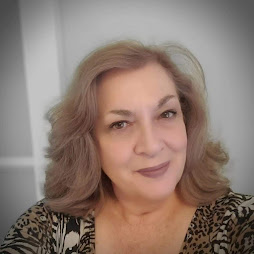
The Love Story of Romeo and Juliet
Romeo and Juliet is an enduring tragic love story written by Willia…


Romeo and Juliet is an enduring tragic love story written by Willia…

One of the saddest loves tories is that of Lancelot and Guinevere. …

Amina of Zaria (1533 - 1633?) Queen Warrior Amina was born around 1533 …

Today, June 18 th , 2012 would have been the 111 th birthday of one of…

Maria Anna Mozart (30 July 1751 – 29 October 1829) Musician Maria Anna …

Hair adornments in medieval times Accessories used to Stylize Hair d…

In The Godfather, Part I, the character Pete Clemenza orders the other guy…

The love story of Abelard and Heliose has endured as one of the famous an…

Women Wearing Pants Author gholea In the Western world, His…